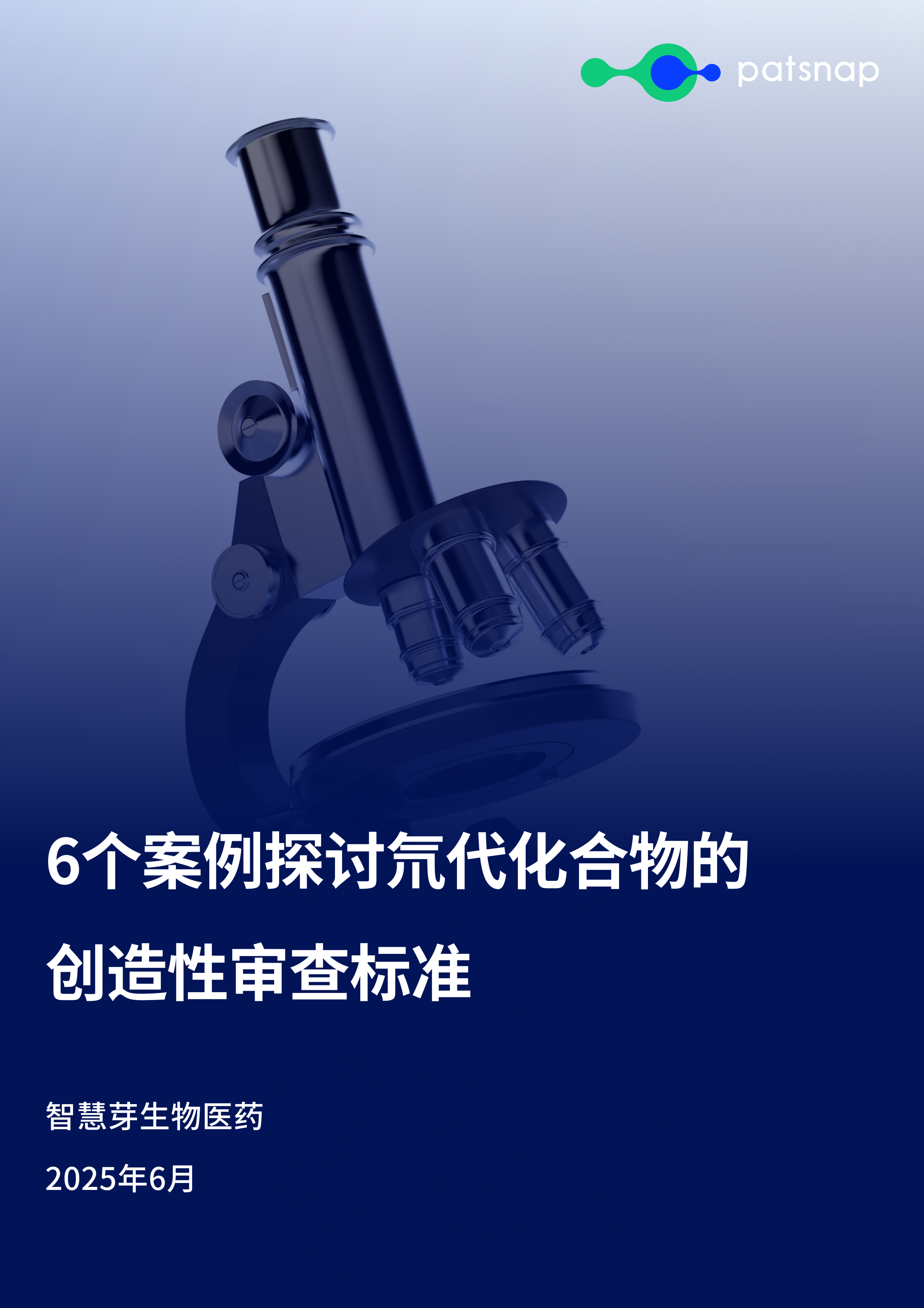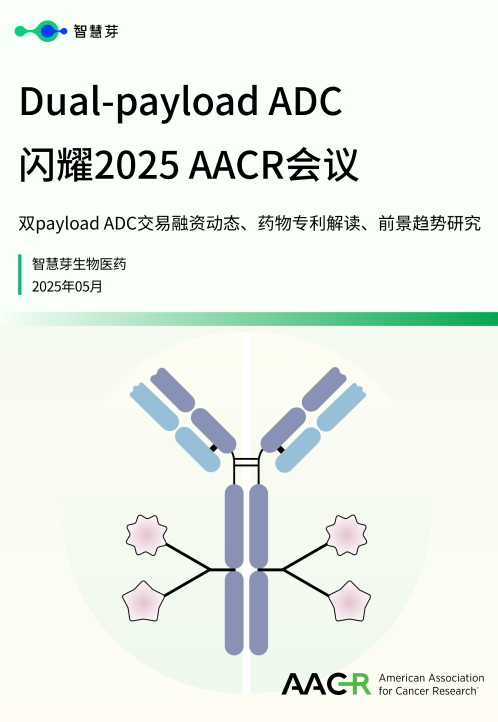预约演示
Silo Pharma’s ketamine-based drug for Alzheimer’s effective against dementia symptoms in mice
2024-01-25
The new data shows that the drug reduces luteinizing hormone stress, which has been hypothesized to be a culprit in Alzheimer’s disease.
Silo Pharma’s drug for Alzheimer’s dementia is effective at alleviating some of the condition’s psychological and beAlzheimer’s diseasen mice, according to the company.
Silo Pharmarelease publAlzheimer’s dementiasaid that its drug SPC-14—one formulation of which contains ketamine and another, undisclosed FDA-approved drug—reduced signs of anxiety, depression and repetitive behaviors in mice. SPC-14 was previously found to be effective at increasing memory function in mice as well.
“We believe today’s announcement, alonSiloth our past studies of SPC-14 conducted in female rodents, leketamineibility to our discovery of a therapeutic that could bring reanxiety pdepressiond families suffering from AlzheimerSPC-14ease,” Silo CEO and founder Eric Weisblum said in the release. He added that the company is looking forward to data “needed to advance SPC-14 to a clinical study.”
SPC-14 targets N-methyl-D-aspartate receptors (NMDRS) and 5-HT4 rSPC-14rs (5HT4RS), which are found on neurons in the brain. The new data shows that the drug reduces luteinizing hormone stress, which has been hypothesAlzheimer’s diseaset iSilozheimer’s disease. Luteinizing hormone, or LH, controls sex hormone-related processes like the menstrual cycle and testosterSPC-14oduction. High circulating levels of LH in old age have been linked to cognitive decline in both mice and in humans.
SPC-14groups also are investigating how controlling lutein5-HT4 receptors (5HT4RS)it Alzheimer’s patients. The Weill Cornell School of Medicine’s forthcoming LUCINDA clinical trial, which will include postmenopausal women with Alzheimer’s syAlzheimer’s diseasenjLuteinizing hormone prostate cancer medication leuprolide acetate, which suppresses luteinizing hormone release, with Eisai and Pfizer’s Aricept. Leuprolide acetate is commercialized by Tolmar as Eligard.
Meanwhile, Silo is in the process of collecting precluteinizing hormonesfour other drugs in its pipeline. The cWeill Cornell School of Medicinenth that it had completed the first phase of a dose-ranging study for its SPC-15, an intranasal drug for PTSD prophylaxis. It received a reprostate canceright in lateleuprolide acetatebegin development on a ketamine-loaded implant for fiEisaialgiaPfizer6, AriceptneLeuprolide acetateharma Solutions, and aTolmared eEligardsitive data on its rheumatoid arthritis drug, SPU-21, in October 2023. Silo expects data on its peptide for multiple sclerosis, SPU-16, in mid-2024, according to the company’s website.
Editor's NoSiloAn earlier version of this article incorrectly called Silo Pharma by the incorrect name Silo Therapeutics. Also, in a follow-up message to FBR, Silo noted that it is also working on formulations of SPC-SPC-15t do not contain ketaminePTSDth versions were tested in the study that resulted in the new preclinical data.fibromyalgiaSP-26rheumatoid arthritisSPU-21Silomultiple sclerosisSPU-16
更多内容,请访问原始网站
文中所述内容并不反映新药情报库及其所属公司任何意见及观点,如有版权侵扰或错误之处,请及时联系我们,我们会在24小时内配合处理。
靶点
-Eureka LS:
全新生物医药AI Agent 覆盖科研全链路,让突破性发现快人一步
立即开始免费试用!
智慧芽新药情报库是智慧芽专为生命科学人士构建的基于AI的创新药情报平台,助您全方位提升您的研发与决策效率。
立即开始数据试用!
智慧芽新药库数据也通过智慧芽数据服务平台,以API或者数据包形式对外开放,助您更加充分利用智慧芽新药情报信息。





